I used to joke that when you turn 50 it’s like a runaway bobsled to hell! Nearly seven years later, the quip doesn’t make me snicker that much. As the years scream by, I note the increasing discrepancies out of the corner of my watering eye! What reminded me of what I once thought of as a witty repartee, has been the Beijing Paralympics of 2022. I’m transfixed by the speed and the deftness of our Kiwi Paralympians as they scorch down the slopes, not like a runaway bobsled- but more like a runaway Medal grab! Corey Peters has nabbed Gold and Silver Medals in the Sitting Downhill and Super G events, and Adam Hall has scored Bronze in the Super Combined event. Three Medals so far, at the time of writing this, and the Paralympic Kiwi team is parallel to the recent Winter Olympic Medal count at the end of those games. Of course that’s why they are called the Paralympics – in parallel and equal footing with the Olympics.
This year we have so far had excellent coverage of the Paralympics, maybe not in parallel with the Winter Olympics but not far off.
I decided to give Dan Buckingham, the CEO of Attitude Pictures a call. I asked him what his history was with the Paralympics and he rattled off 15 year’s worth; “I was in Athens 2004 as an athlete, Beijing 2008 as an athlete, 2012 filming for Attitude and the IPC and commentating at the Sochi games in 2014 in Russia. In 2016 I was part of the broadcast team for Attitude and TVNZ and in the Tokyo 2020 games due to Covid filmed from my lounge.”
I replied “Wow, so you could be called a Paralympian Veteran?” his humble response was, “I think you could call me a has been.”
I asked him “What changes have you seen in media coverage of the Paralympics since you have been involved.”
“It has massively changed. In 2016 Rio games weren’t just driven by budgets, but it was high on emotions. There was a mix of live NZ Duke, TV1 and integration with News with regular updates. It was just a really good flow in 2016 which was also a big year for medals. It was larger than life, unleashing personalities and their emotional journeys. In 2020 there was a change of the Paralympians athletes to be more conveyed as more ‘normal’ especially with the Super Rugby. I hope that their rawness and passion remains.”
He went onto explain that the modern Olympics was founded by a Frenchman. His vision was the ‘Spirit of Olympism” which had a focus in Paris of wanting to inspire their youth of France. His opinion is that the Olympics have become more commercialised as opposed to the Paralympics whose competitors do it for pride and personal gains other than just commercial gains.
My next question was “Do you think that the Russian ban in the Paralympics is a reflection on the popularity and significance of the Paralympics?”
Dan said “I do think it is the standing of the Paralympics. The Paralympics was spoken about, alongside the Olympics in London 2012. Every game since, officials have always talked about the Paralympics and Olympics upholding the ‘Olympic Truce’ (a truce where wars were suspended, armies were prohibited from entering Elis or threatening the Games). “The Truce was clearly ignored in 2014 at the Sochi games in Russia (while the Russians were invaded the Crimea). I was standing 20 metres away from President Putin, which just shows his blatant arrogance”.
People say that politics should not interfere with sports- which is kind of simplistic and naïve. Sports will always have political interference, if it’s profile and importance is significant enough. Look at the Springbok tour in the 80’s and how it played a role in the disestablishment of apartheid rule in South Africa. It looks like the Paralympics, with their increased mana, have broken the global glass ceiling that separates sports from political influence.
Jonny Wilkinson is the CEO of Tiaho Trust – Disability A Matter of Perception, a Whangarei based disability advocacy organisation.
